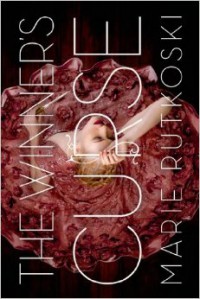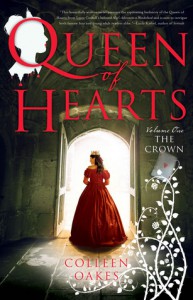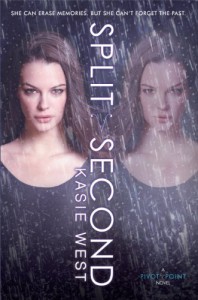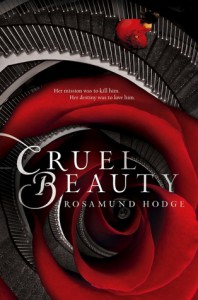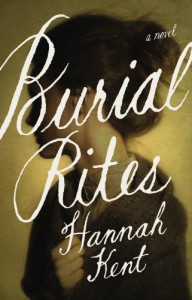Review: Blue Lily, Lily Blue by Maggie Stiefvater (Raven Cycle # 3)

The question that kept entering my mind as I was reading Blue Lily, Lily Blue is "What is the purpose of the quest to find Glendower and do I really care about this storyline anymore?"
My response at the conclusion of this book is not really. Why? The plot lacks focus.
The allure of the quest is masked by inconsequential subplots that meander about but offer nothing to the story. We're no closer to understanding the mystery of the quest and why these characters are destined to partake in it (or why they're even motivated to continue their search for Glendower given the horrific things that have already happened). The villains, Greenmantle and Piper, appear sporadically and have awkward interactions with the main characters. There's never any sense of urgency that Greenmantle poses any kind of threat. He's a killer and responsible for the fallout of the previous book, but the reactions to his presence are so nonchalant. It's like the Raven boys say, "Look at the killer in our Latin class. Oh well, we'll come up with a plan to beat him."
Seriously.
There are also random appearances by the Gray Man and Mallory. I won't elaborate but their roles are equally ludicrous and unbelievable.
The things that previously annoyed me continue to do so in this book. I can't stand Adam the self-righteous "magician," who is actually the main character even though Blue is the title character. He stays firm in his belief that he is a victim of circumstance and no one understands what it's like to be in his shoes.....blah blah blah. Blue remains a whiny little girl who thinks she's a witty feminist but has no sense of agency whatsoever and needs constant saving. Noah and Ronan are the most complex characters but take a back seat to Adam's scheming and Blue's childish tantrums. Honestly, the only thing I liked about this book was Gansey. His character goes through a few events that make him have doubts about himself and what he wants in life. He's no longer the "Golden Boy" that everyone fawns over and his flaws become more transparent. His character development was the only interesting aspect of the book, but it's not enough to redeem it.
For all the build-up in The Dream Thieves and the fact that this is the third book in a series, I expected a lot more than what we're given. Frankly, the story was a bland and disorganized mess. I may read the next book, but it definitely won't be a priority.
 2
2

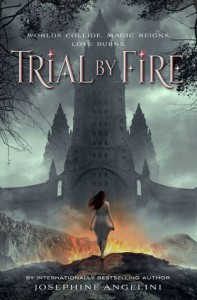


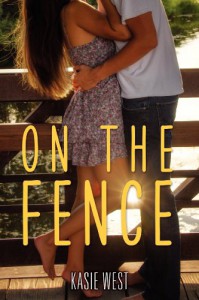


 1
1

